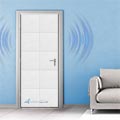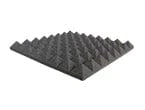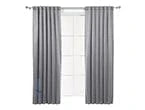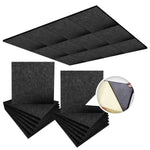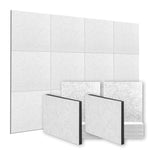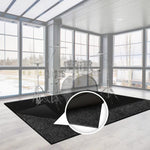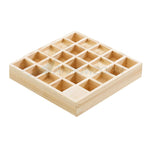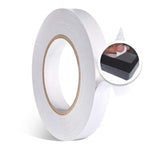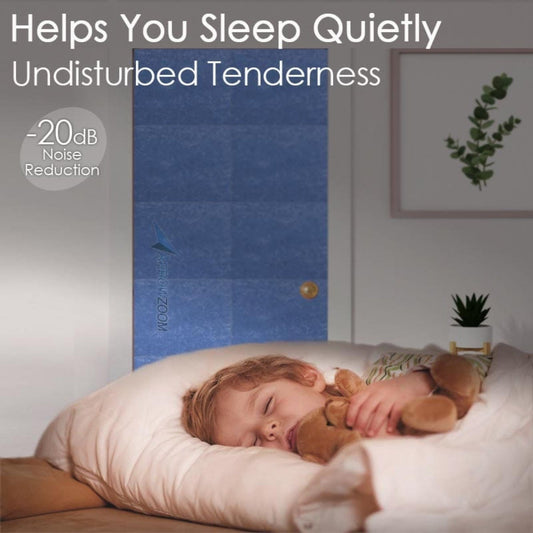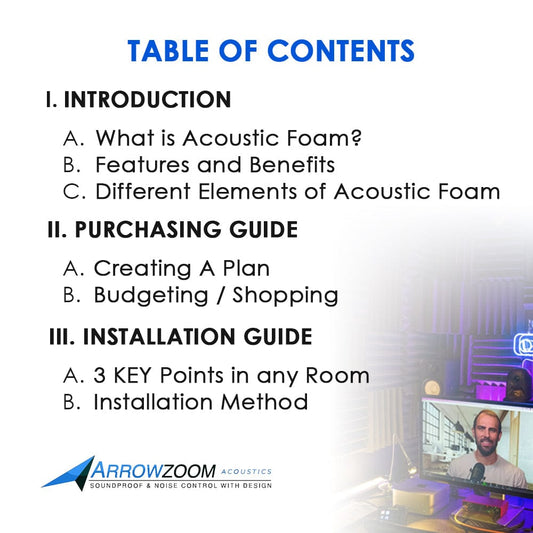
Unwanted and excessive sounds can leave deleterious effects on human health and environmental quality. The frequency or pitch can have disastrous effects, from tiring out the inner ear to causing a temporary hearing loss, with high-pitched sounds causing more damage. Loudspeakers, factories, airplanes, moving trains, construction activity, or even a radio, noise levels above 80 dB for a prolonged period can increase mental tensions and cause an inability to adapt to a change in the breathing patterns. As draining as it can get for the human ear, heavy and loud noise can make your life at home maddening. What to do to refrain from this disturbing and unwanted noise, be it the general buzz or heavy foot traffic squealing out of the window?
How to cancel/attenuate high-pitched sounds in my apartment?
Noise seems a daily undigest for most apartment dwellers, disturbing enough but unavoidable at the same time. Fortunately, wherever you dwell or whichever space you are in, soundproofing is an excellent option. Soundproofing paves the way where you can cut down noise without needing to blow your savings or indulging in the reconstruction. Additionally, the simplest strategy, soundproofing, makes a huge difference!
1)Weatherproof your front door
Sealing the leaks and air gaps around the front door will quiet the chatter from in and around the front door. Adding a large gap under your apartment door via a door sweep seals the threshold. When applied against the front doorstep, a thick rubber strip keeps the dust, bugs, drafts, and noise restricted. Seal along the sides and the top to stop maximum decibels from penetrating.
2)Door curtains

Harder materials such as tile and wood reflect maximum sound waves, whereas softer materials such as curtains and carpet act as the best soundproof flooring options absorbing maximum waves entering through the doors and windows. A great option is heavy blackout curtains! When closed, they help absorb any noise that leaks through the door.
3)Acoustic panels

Acoustic absorbers reduce noise and control sound in many different spaces. Acting as perfect sound absorption materials for deadening and dampening sound in restaurants, offices, and many more spaces. Mitigating noise and reducing the reverberation, and echo in space, an acoustic panel serves the three main functions absorption, diffusion, and attenuation. Acoustic panels work for sound absorption, not the same as sound blocking.
4)Soundproof a bedroom door

The front door receives the maximum sound absorption and raises the need to fill in the gaps for maximum packing. Filling the gaps with a draft stopper, the most convenient versions to be attached to the door, need not be set into place all the time. Soundproofing a door means you are not allowing enough noise to be transmitted through the entrance. Soundproofing also has an indirect impact, leading to improved air quality, humidity, and sound reverberance.
5)Reduce the reflected noise
Its undoubtedly true that noise gets reflected on all hard surfaces, including floors, walls, and ceilings. Cover bare walls and ceilings with something soft, so any voices, commotion, entering get absorbed. The sound-absorbing acoustic foam as an open-celled foam comes up as the best acoustic treatment. It attenuates airborne sound waves, reducing their amplitude, for noise reduction or noise control. Similar acoustic treatment methods, including sound absorbing wall panels, work well for absorbing a range of decibels termed noise.
Minimize your exposure to loud noises
Whether you deal with city noise or roosters crowing, soundproofing a room can make life more comfortable. You'll enjoy better sleep and quieter days. It becomes easier to work from home and relax and unwind in a day that could otherwise be filled with the chaotic noise effects in the background. Exposure to sound levels beyond 85 dB on an average could disturb the hearing experience and could lead to permanent drum damage hence it becomes crucial to address the source of the sound, its entry, and reflection points. Sound booth, acoustic panels, foams, etc., use treatments to block the unnecessary noise and give yourself a relaxing hearing affair.



